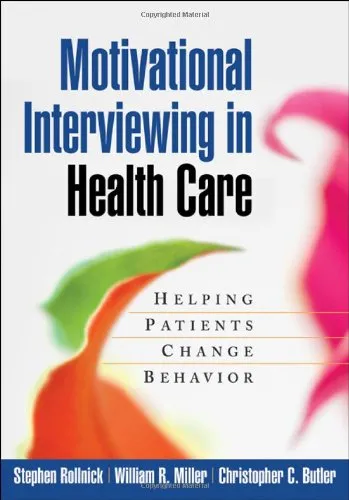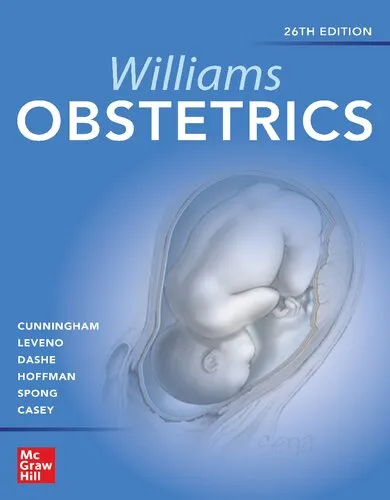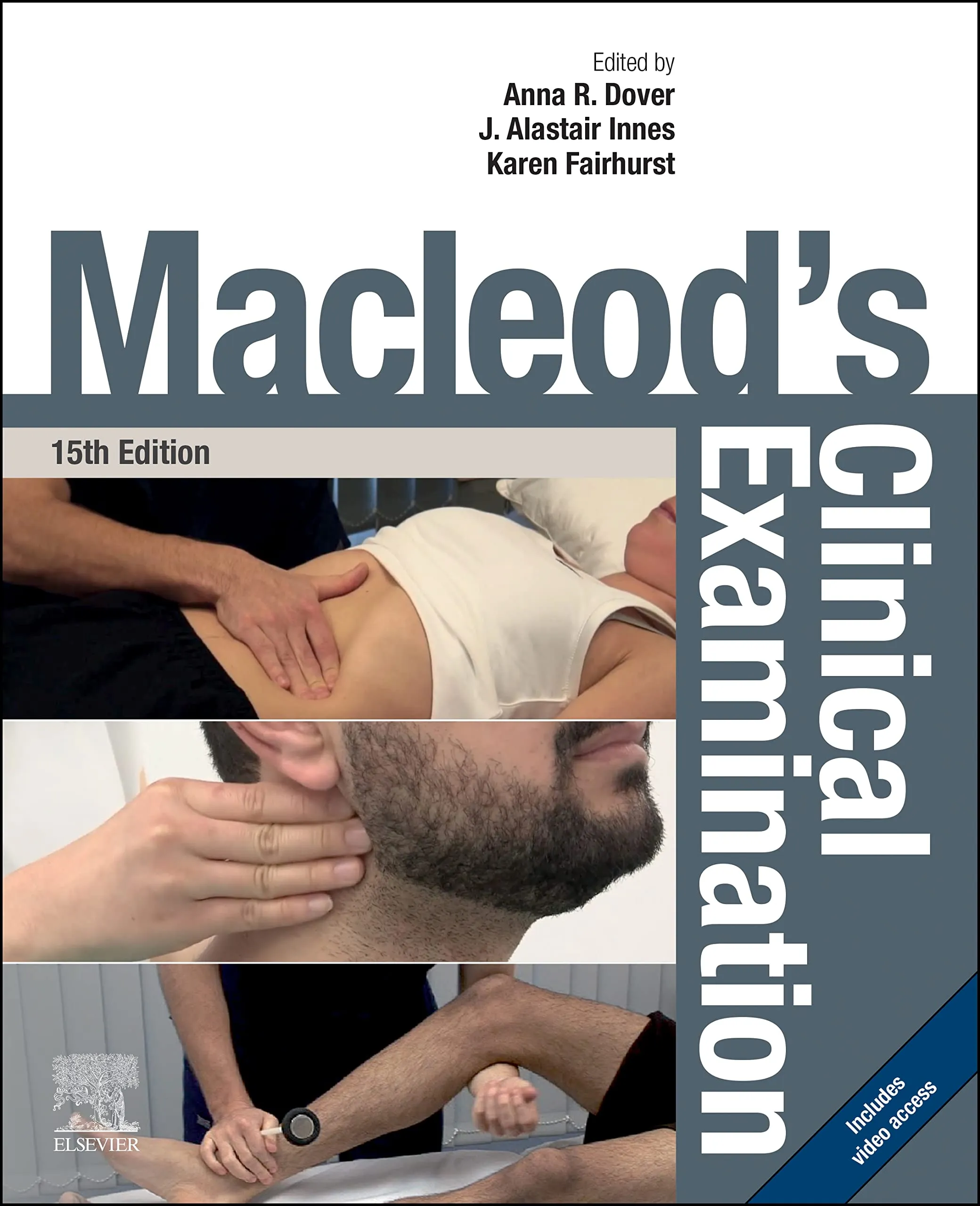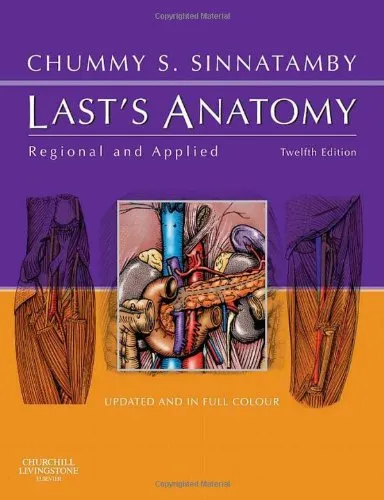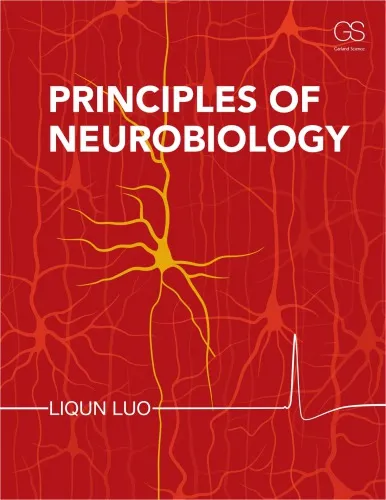Motivational Interviewing in Health Care: Helping Patients Change Behavior
4.9
Reviews from our users

You Can Ask your questions from this book's AI after Login
Each download or ask from book AI costs 2 points. To earn more free points, please visit the Points Guide Page and complete some valuable actions.Related Refrences:
Introduction to Motivational Interviewing in Health Care: Helping Patients Change Behavior
Motivational Interviewing in Health Care: Helping Patients Change Behavior is a comprehensive guide co-authored by Stephen Rollnick, Ph.D., William R. Miller, Ph.D., and Christopher C. Butler, M.D. that focuses on blending motivational interviewing techniques with health care practices to promote positive behavioral changes among patients. This book serves as an invaluable resource to health care professionals seeking effective communication strategies that empower their patients towards healthier choices and behaviors.
Detailed Summary of the Book
The book explores the concept of motivational interviewing (MI) as a client-centered, directive method for enhancing intrinsic motivation to change behavior by helping individuals explore and resolve ambivalence. In the context of health care, MI is employed to encourage patients to adopt healthier lifestyles, adhere to medical treatments, and take responsibility for managing chronic conditions. The authors provide an extensive overview of the principles underlying MI, including collaboration, evocation, and autonomy support, emphasizing the importance of fostering a strong practitioner-patient relationship.
In Motivational Interviewing in Health Care, the authors offer practical guidance through a series of structured exercises, case examples, and sample dialogues to help clinicians develop and refine their MI skills. The book delineates the process of assessing a patient's readiness to change, tailoring interventions to meet individual patient needs, and overcoming common challenges that health care providers face. Additionally, there is a strong emphasis on integrating MI into the broader context of patient-centered care, highlighting the alignment between MI and modern health care values of empathy, respect, and empowerment.
Key Takeaways
- Understanding Motivational Interviewing: Readers will gain insight into the fundamental concepts and key techniques of MI, such as reflective listening, open-ended questioning, and the importance of collaboration in facilitating change.
- Application in Health Care Settings: The book provides specific strategies for applying MI across various health care scenarios, including chronic illness management, lifestyle modifications, and treatment adherence.
- Building Patient-Provider Relationships: Effective communication and relationship-building between provider and patient are crucial to achieving successful health outcomes.
- Practical Tools and Techniques: A wealth of practical tools, including scripts and checklists, offer readers actionable steps to integrate MI into everyday clinical practice.
Famous Quotes from the Book
“People are generally better persuaded by the reasons which they have themselves discovered than by those which have come into the mind of others.”
“Motivational Interviewing is essentially a way of being with people that evinces compassion, curiosity, and respect.”
Why This Book Matters
Motivational Interviewing in Health Care is a pivotal resource for health professionals who aim to enhance their communication with patients. By acknowledging and addressing patient ambivalence towards change, clinicians can more effectively guide patients towards positive health outcomes. This book matters because it bridges the gap between theoretical models of behavior change and practical application in clinical settings, providing health care providers with a proven method to support their patients in achieving sustainable, meaningful change.
In a contemporary health care environment where patient engagement and autonomy are increasingly prioritized, this book equips practitioners with the skills necessary to motivate patients, fostering improved treatment adherence and overall health. It underscores the importance of adopting a patient-centered approach, which is critical in both the prevention and management of chronic health conditions. The integration of MI into health care contributes to more empathetic, responsive, and effective patient care.
Ultimately, the book serves as an essential guide for any health care professional committed to enhancing patient outcomes and embracing motivational interviewing as a transformative communication approach.
Free Direct Download
You Can Download this book after Login
Accessing books through legal platforms and public libraries not only supports the rights of authors and publishers but also contributes to the sustainability of reading culture. Before downloading, please take a moment to consider these options.
Find this book on other platforms:
WorldCat helps you find books in libraries worldwide.
See ratings, reviews, and discussions on Goodreads.
Find and buy rare or used books on AbeBooks.
1480
بازدید4.9
امتیاز0
نظر98%
رضایتReviews:
4.9
Based on 0 users review
Questions & Answers
Ask questions about this book or help others by answering
No questions yet. Be the first to ask!
